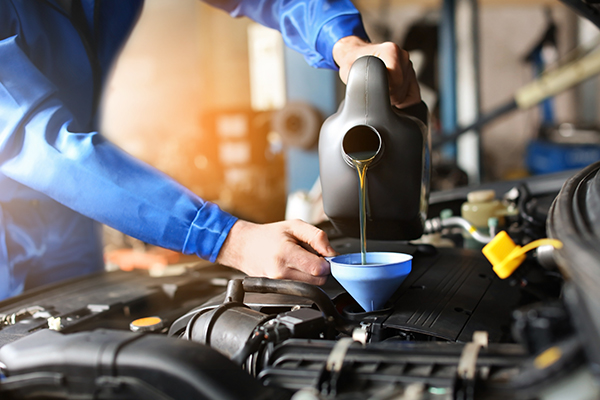
In the intricate dance of engine components that power your vehicle, the oil filter plays a crucial yet often underestimated role. This unassuming "device" quietly safeguards your engine's health by filtering out contaminants from the engine oil. But why does the oil filter need to be changed regularly? Can't you simply continue driving without bothering about it?
The Purpose of the Oil Filter
The oil filter is your engine's first line of defense against harmful particles that can wreak havoc on its delicate internals. As engine oil circulates through the motor, it picks up debris, dirt, metal fragments, and sludge. The oil filter's job is to trap these contaminants, preventing them from circulating further and causing damage to the engine.
How Do Contaminants Affect Your Vehicle
Over time, the oil filter accumulates a substantial amount of debris. As it continues to trap contaminants, it gradually becomes clogged and less effective. A clogged filter not only compromises its filtering capacity but also obstructs the flow of clean oil to critical engine components. This can result in reduced lubrication and increased friction, leading to accelerated wear and tear.
Will Engine Performance Be Hindered?
A clogged oil filter can significantly impact your engine's performance. Reduced oil flow can lead to insufficient lubrication, causing parts to rub against each other, generate excessive heat, and potentially lead to engine overheating. This can result in reduced power, increased fuel consumption, and even engine stalling or failure.
The Importance of Regular Oil Filter Changes
Regular oil and oil filter changes are essential for maintaining engine health. Mechanics recommend changing the oil filter every time you change the engine oil, typically every 3,000 to 5,000 miles, depending on your vehicle and driving conditions. Neglecting to change the oil filter can compromise the integrity of your engine and result in costly repairs down the road.
What If I Don't Change It?
Continuing to drive with a clogged or old oil filter can lead to severe consequences. It can cause poor engine performance, reduced fuel efficiency, increased emissions, and even engine damage. Ignoring this seemingly small maintenance task could eventually lead to engine failure, requiring expensive repairs or even a complete engine replacement.
If you want to avoid this from happening, the answer is simple - maintenance and frequent change! But where can you do these procedures? Guthrie's Auto Service Inc. is here to help with all of your vehicle-related procedures, so just contact us via a phone call or book an appointment right away online!